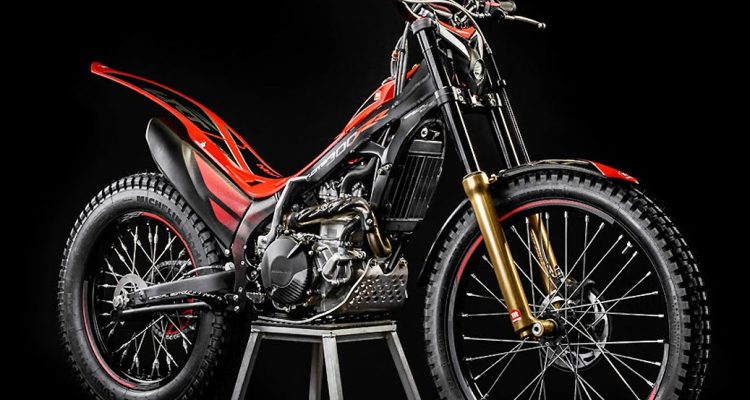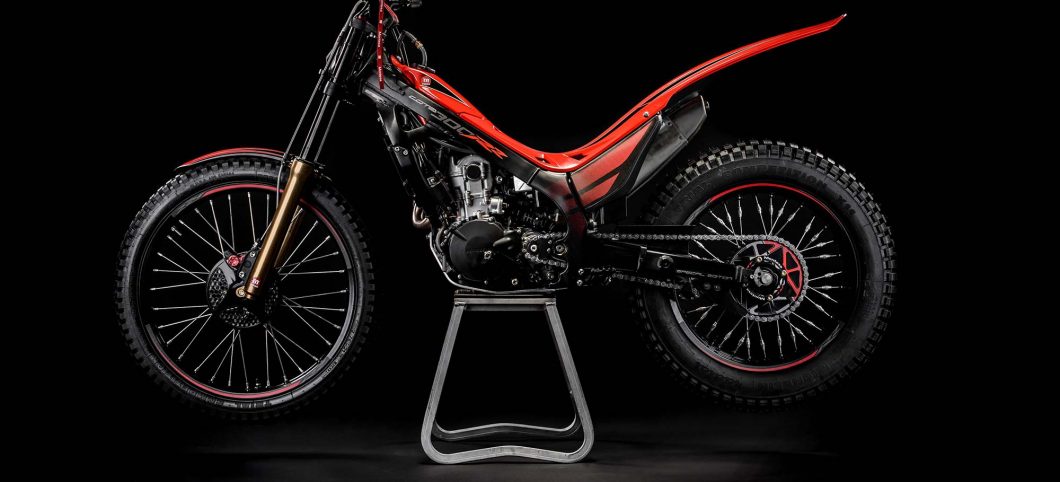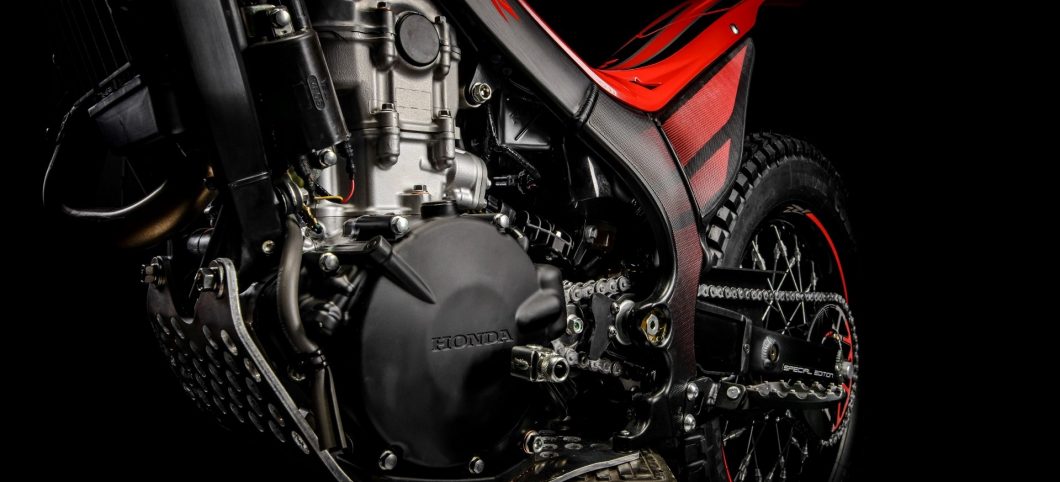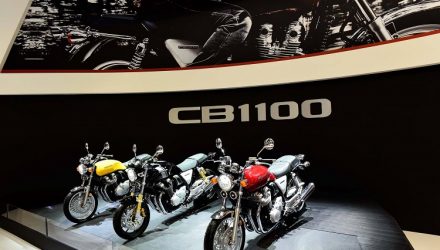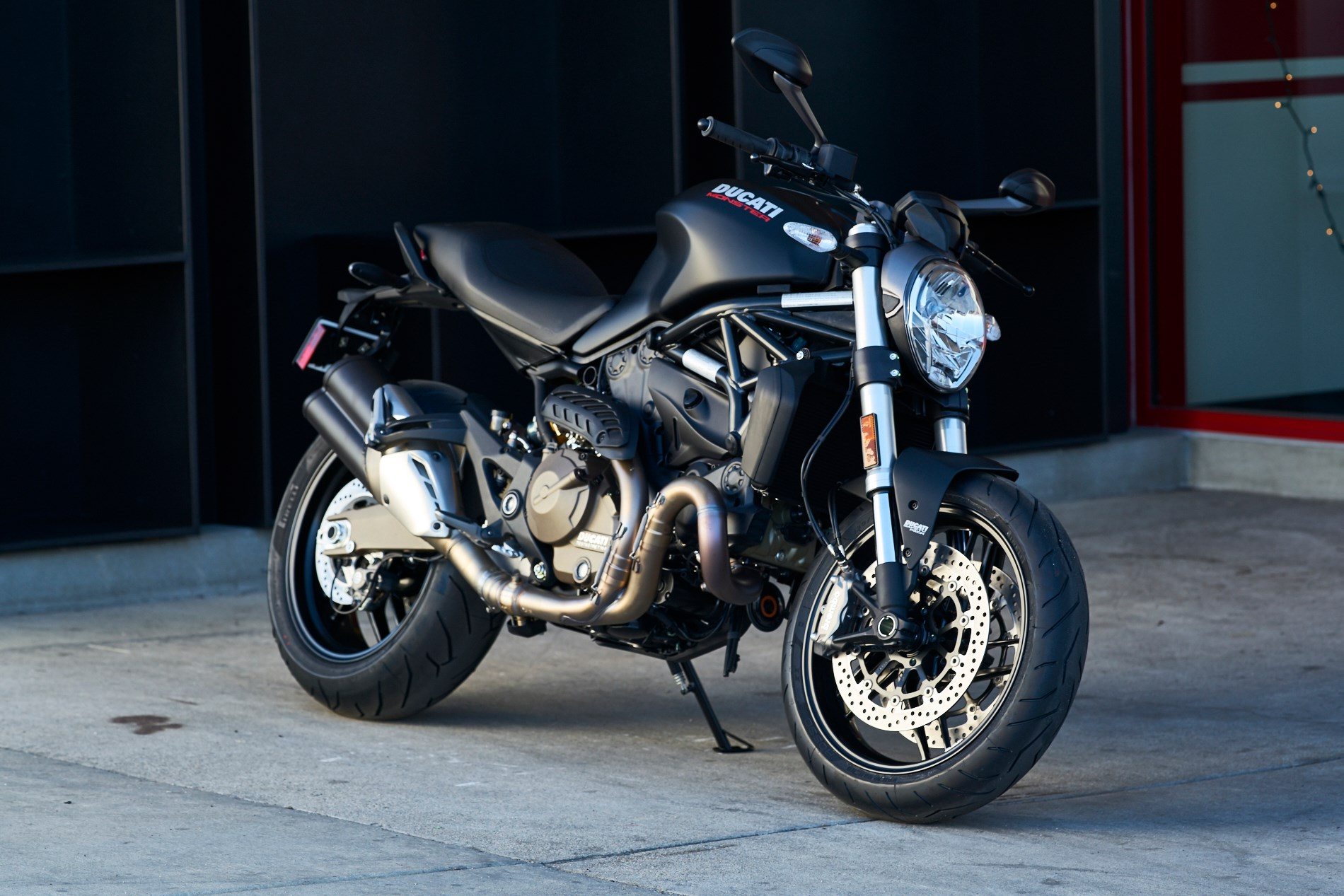The Honda Montesa Costa 300RR features performance and unique design, something that is synonymous with Honda machines. With their focus being on the reduction of weight and increase in power, the 2016 300RR turned out to be a race-oriented machine to reckon. This bike features a unique design, comfort in riding, and responsiveness in handling. Here is a 2016 Honda Montesa Cota 300RR review.
Design and Look
The seat of the 2016 300RR is V-shaped affording more ease and comfort to the rider when riding. This particular feature is vital to comfort when racing on rocky or hilly terrains.
Engine and Engineering
The 2016 300RR’s engine features bigger cylinder bores and longer strokes, which increases the displacement to 288cc. Boosted displacement means more power at low RPMs too. To solve the problem of the engine still running after a crash, the engineers at Honda included a bank-angle sensor. This sensor kills the engine when it senses that the bike is lying on the ground.
Suspension, Ride, and Handling
The 2016 300RR features footpegs that are 5mm lower and 5mm farther back. This adjustment reduces weight on the front suspensions, which makes the bike feel more responsive and agile thus more fun to ride. For better grip in areas with poor traction, the 2016 300RR comes equipped with a Dual-Map ECU. This device controls the power output of the engine for maximum grip.
New Features on Brakes and Wheels
The 2016 model allows for the use of tubeless tires. Its use is made possible by a central adjustment spoke that significantly reduces weight on the rear wheel. It also comes with laser-graved hubs, light DID aluminum rims, and premium Michelin X11 tires.
Technical Specifications for the 2016 Honda Montesa Cota 300RR include:
Engine
Engine Displacement (cm³) 288 cm3
4-strokes four valves liquid cooled SOHC, Engine.
Electronic Digital Transistorized Ignition System.
Wheels
39 mm TECH telescopic fork front suspension with aluminum tubes, pre-load, compression, and rebound adjustment
Pro-Link system with Showa shock, preload, and rebound adjustment rear suspension
80/100 21 (Michelin/Dunlop) front tires
120/100 R18 (Michelin/Dunlop) rear tires
21 × 1.60 front wheels
18 × 2.15 rear wheels
Dimensions and Weights
23° Caster Angle
Aluminum twin spar Frame
1.9 liters Fuel Tank
335 mm Ground Clearance
Weight 72kg
1,321 mm Wheelbase
Transmission
Wet, multi-plate clutch with coil springs
Hydraulic Clutch Operation
5-speed Transmission

